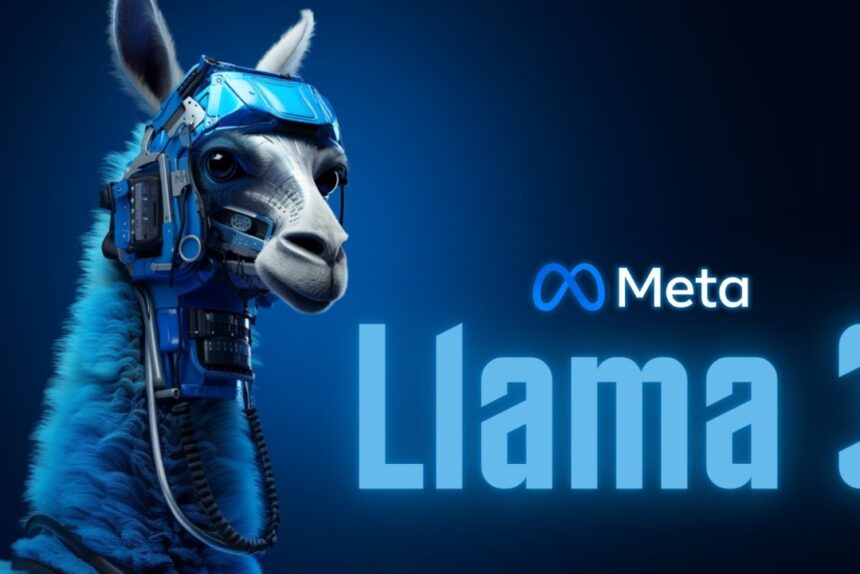Meta steps up AI battle with OpenAI and Google with release of Llama 3

19.04.2024
Meta Platforms has unveiled early versions of its latest large language model, Llama 3, along with an image generator aimed at catching up to OpenAI in the generative AI market. These tools will be integrated into Meta AI, enhancing the company’s virtual assistant capabilities across platforms like Facebook, Instagram, WhatsApp, and Messenger. The move positions Meta to compete more directly with OpenAI’s ChatGPT. Llama 3 boasts new coding capabilities and has been trained on both text and images, though initial outputs will be limited to text. Future versions are expected to support multimodality, generating both text and images.
Mark Zuckerberg, Meta’s CEO, emphasized Llama 3’s significant parameters and performance metrics, with the largest version currently undergoing training with 400 billion parameters and scoring 85 MMLU (Massive Multitask Language Understanding). Despite previous issues with contextual understanding in Llama 2, Meta aims to address these concerns by leveraging high-quality data and synthetic data to train Llama 3. The company has expanded the reach of its Meta AI assistant to over a dozen markets outside the US, with plans for further expansion.
Meta’s strategy involves offering these AI models for free commercial use by developers, potentially disrupting revenue streams for competitors. However, concerns about data quality and potential misuse persist, prompting Meta to emphasize its data sourcing methods and improvements in Llama 3. Despite challenges, Meta remains committed to advancing its AI capabilities and competing in the rapidly evolving generative AI landscape.